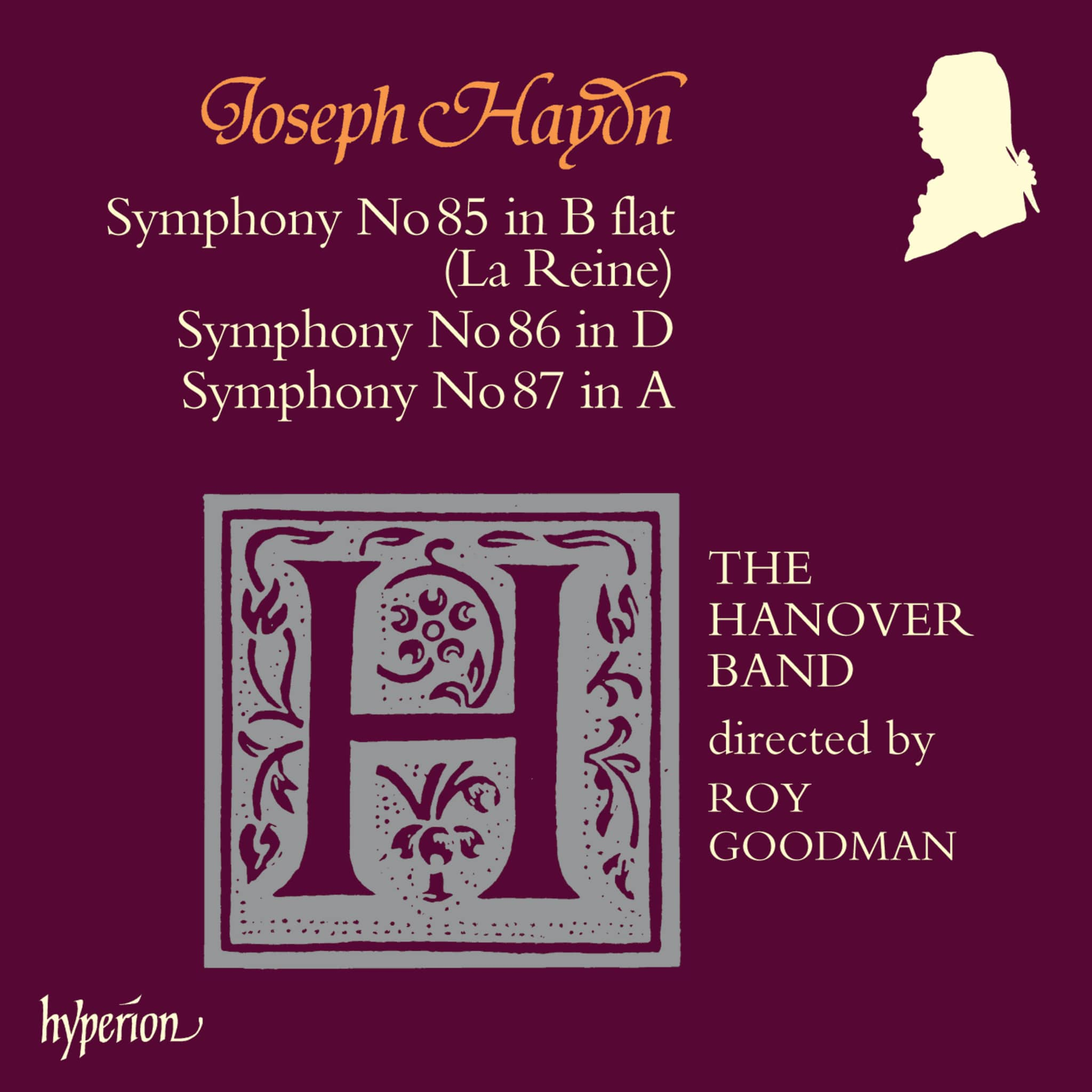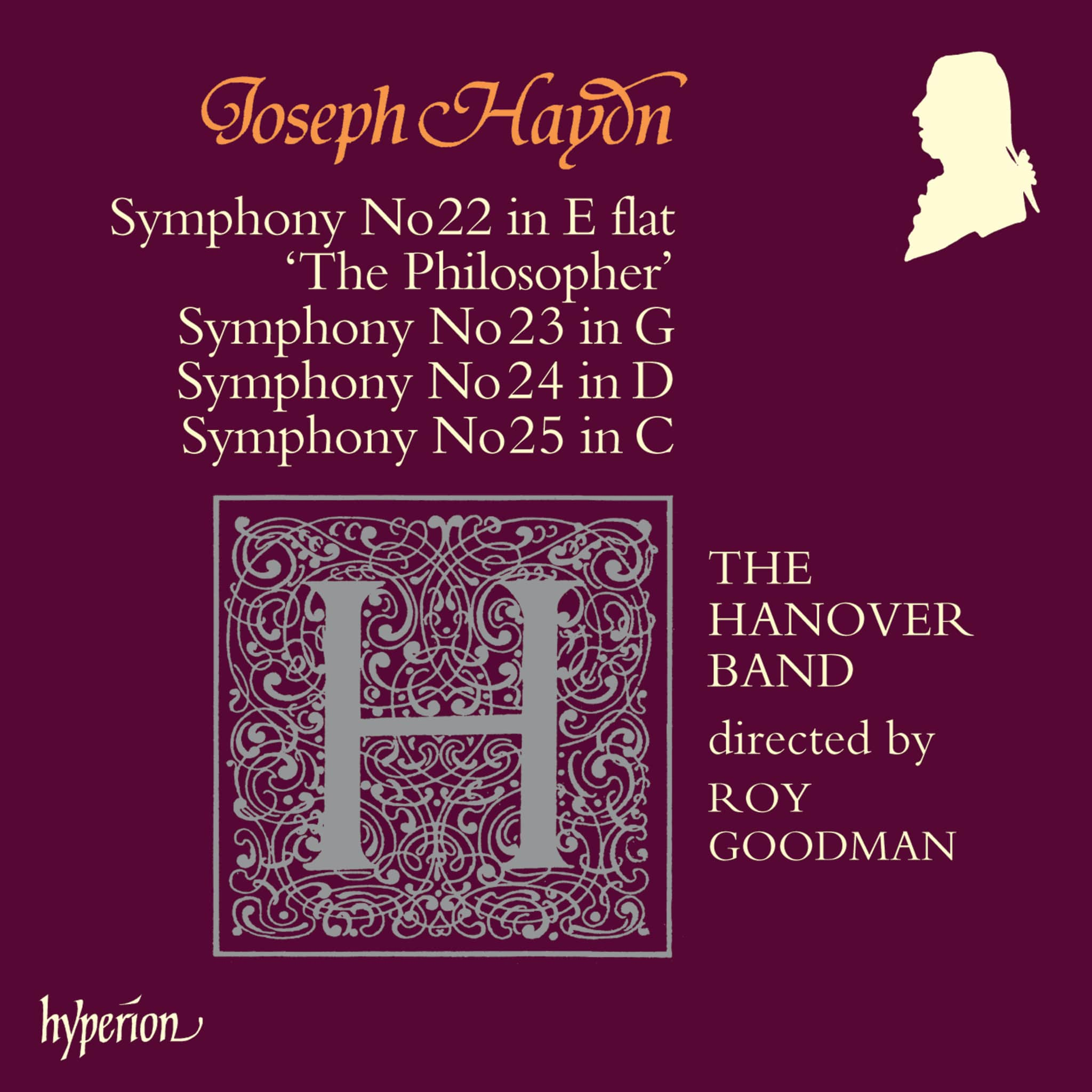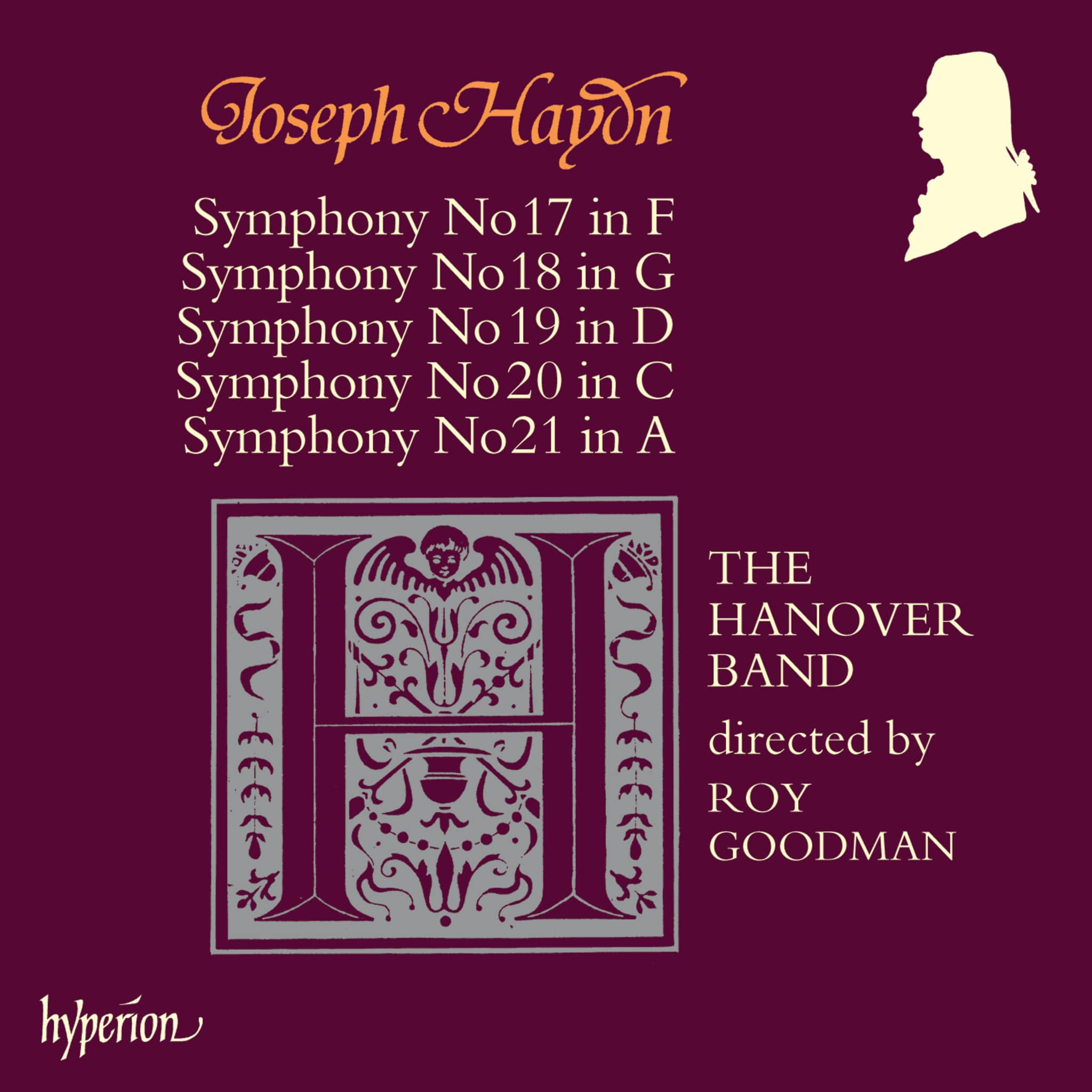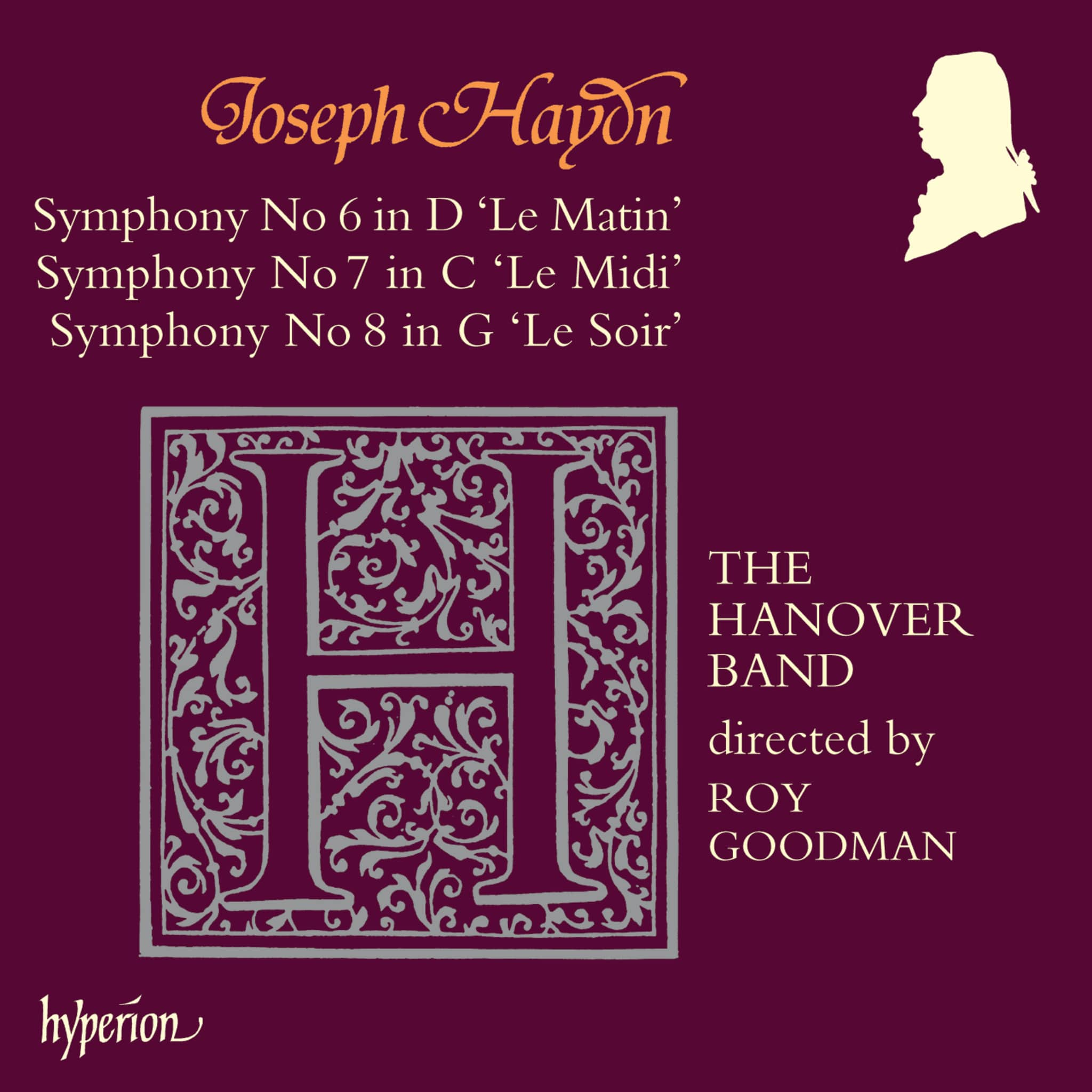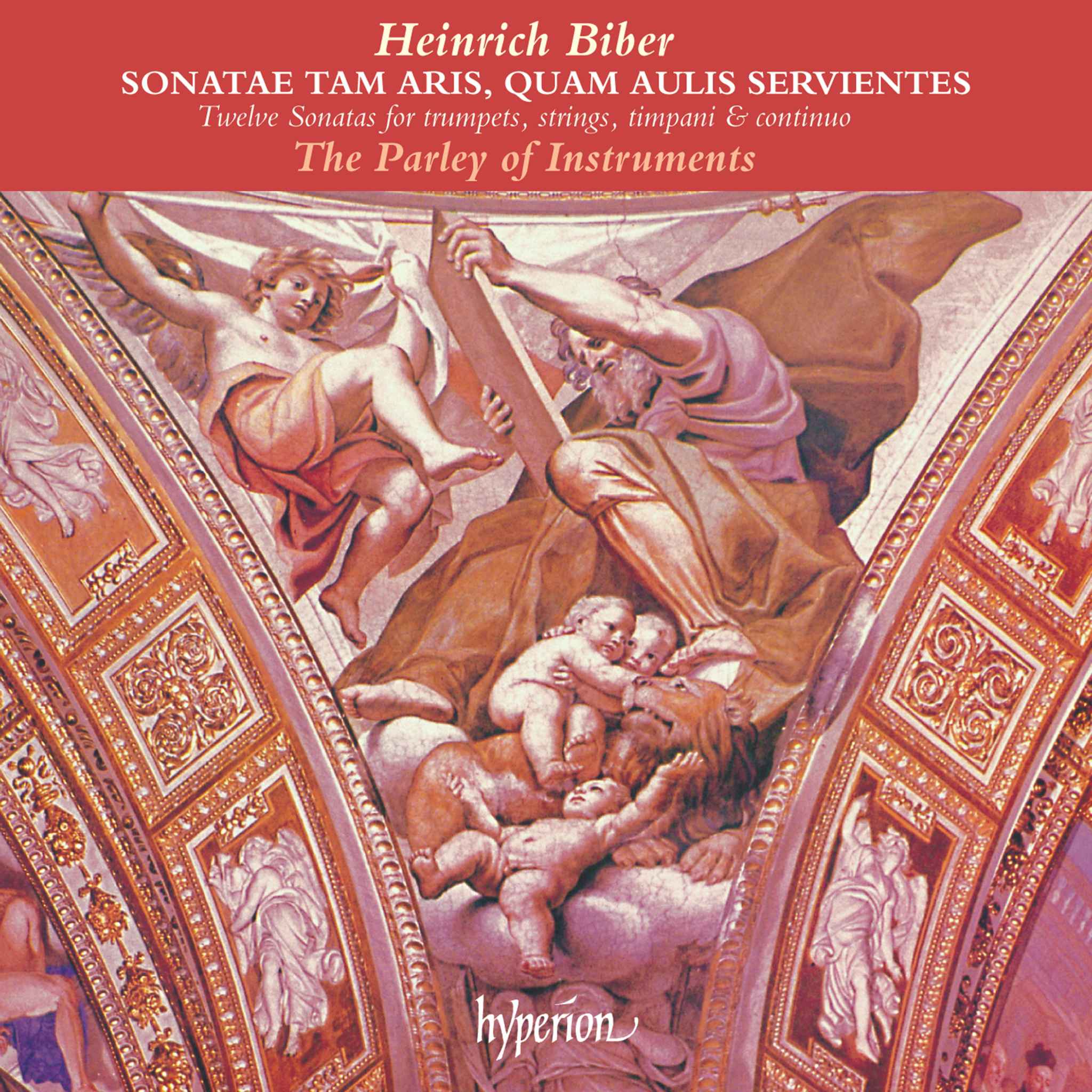Album insights
Dufay is considered the most approachable composer from the period before 1500, with approximately 250 attributed works. Around 90 of these are songs, displaying his prowess as one of the greatest song composers of all time. His birth year is uncertain, with records suggesting around 1400. He started his career as a choirboy in Cambrai, near the Belgian-French border. Spending much of his time in Italy from 1420 to 1439, political reasons led him back to Cambrai in the 1440s, followed by time in Savoy in the 1450s before returning to Cambrai, where he passed away in 1474.
During the 1453 fall of Constantinople, Dufay composed four lamentations, referring to them as "assez bonnes." Only one, "O tres piteulx," survived, hinting at the loss of many compositions. "Je vous pri" blends diverse texts uniquely. "La dolce vista" appears to be an early work with textual repetitions akin to Ciconia's last songs. "Je me complains," a ballade, showcases innovative intertwining of three voices, a rare technique in the 15th century.
"Mon chier amy" mourns a friend, possibly connected to historical events. "Malheureulx cueur," a virelai, laments a troubled heart. "Ma belle dame, je vous pri" is a classic rondeau celebrating May 1st, a favored theme among 15th-century composers. "Pouray je avoir vostre mercy?" and "Helas, et quant vous veray?" are intriguing rondeaus, one hinting at a lost text. "Je ne suy plus tel que souloye" amusingly reflects on lost allure.
"Je vueil chanter de cuer joyeux" commemorates May Day, possibly for Malatesta’s court, while "Ce moys de may" and "Belle, que vous ay je mesfait?" explore complex structures and themes. Closing with five rondeau compositions from Dufay's mature period, including the elaborately crafted "En triumphant de Cruel Dueil." "Par le regard de vos beaux yeux" is a standout piece, beautifully balanced in text and music.
"Vostre bruit et vostre grant fame" features strict octave imitation in two voices. "Le serviteur" showcases a mix of techniques, celebrating true love. "Puisque vous estez campieur" stands out as a canon drinking song, reflecting Dufay's diverse musical palette and joviality amidst the collection.

